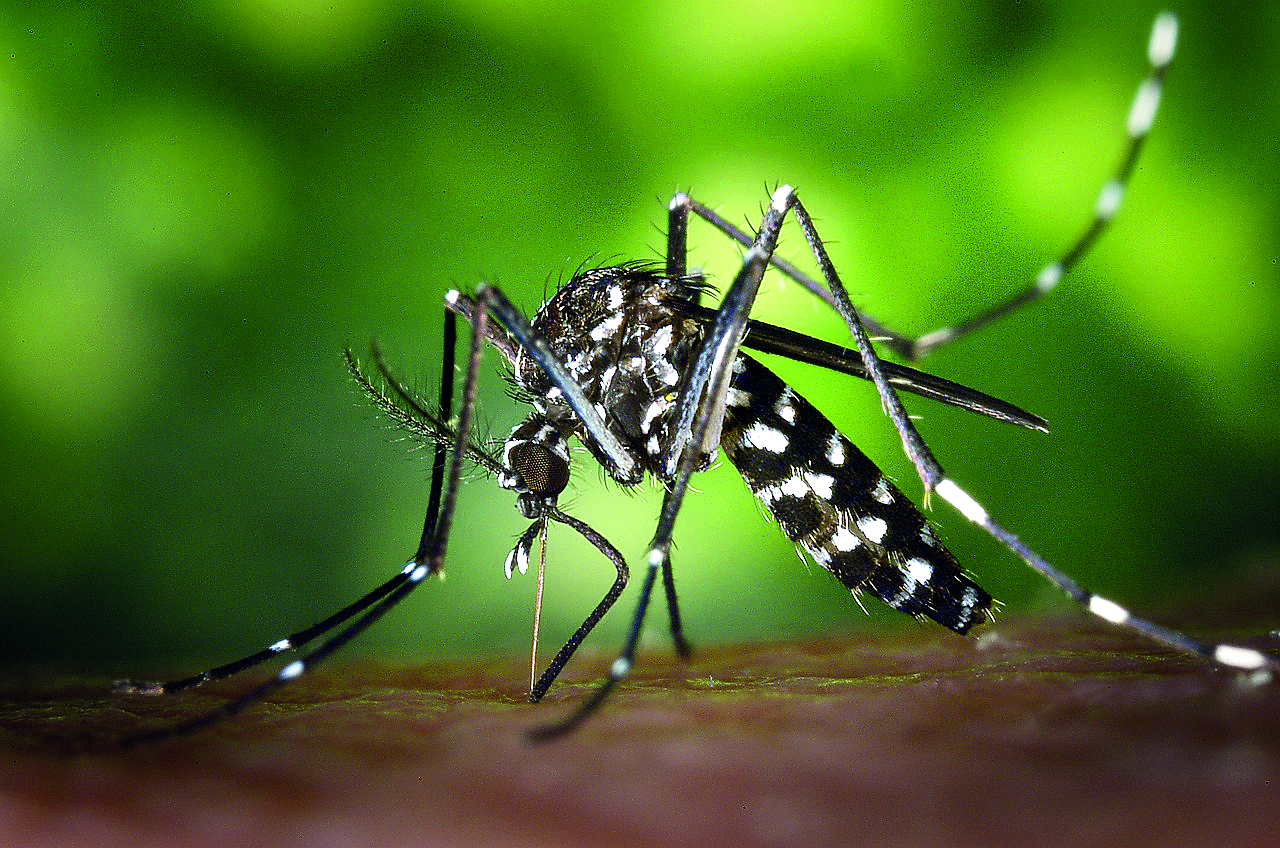'Waiting for universal dengue vaccine and drugs, South Asia battles silent pandemic’

She was six when she got dengue. Three decades on, Pink’s battle with the formidable disease often neglected in public health priorities is a narrative that unfolds in detail in the recesses of her memory.
The 36-year-old’s vivid recall took her to Siriraj Hospital in Bangkok so she could get a vaccination against the debilitating mosquito-borne infection. There are no vaccines anywhere in the world that can target all the four variants of the virus and Pink is amongst the lucky few to be able to access a preventive - even if it only provides partial protection.
The available vaccines, covering only two serotypes, are largely inaccessible and unaffordable in most parts of South Asia, including India.
“I grappled with dengue at the age of six, and when the cases surged again in Bangkok this August, I decided to get vaccinated. The rationale is simple -- to shield from a disease that not only jeopardises your livelihood and well-being but can also be fatal,” Pink said in the bustling Siriraj hospital.
The challenges are many. Even when the vaccine is available, the procedure is labyrinthine.
“The hospital had to first confirm if I had a previous infection before administering the vaccine. For many of my friends who have never been infected, the shot cannot be given,” Pink said.
Beyond the prerequisites for receiving the vaccine, its steep cost and scarcity, experts shed light on the often overlooked problems associated with the tropical neglected disease that poses a threat to half of the world’s population but lacks a cure or full protection.
In India, where there is no vaccine available right now, challenges are accentuated further due to a large population that is at infection risk and a high number of under-reported cases, said experts.
A recent study by researchers at Bengaluru’s Indian Institute of Science (IISc)revealed that the dengue virus has undergone “dramatic” evolution over the last few decades in the country, underscoring the urgent need to develop not just a vaccine but also drug treatments specific to the variant in the country.
Three experimental vaccines that target all four variants of the virus are currently in clinical trials across the world, said Rahul Roy, an IISc scientist.
“In India, we also expect to see clinical trials for all three vaccines,” he said.
Panisadee Avirutnan, chief of the Dengue Hemorrhagic Fever Research Unit at Siriraj Hospital, terms dengue a silent pandemic.
The first registered vaccine, developed by the French pharmaceutical company Sanofi, exhibited an overall efficacy rate of 60 per cent but suboptimal protection against serotype 2 and the potential to cause more severe disease in previously uninfected children.
Another registered vaccine from the Japanese pharmaceutical company Takeda shows promise with a 73 per cent overall efficacy rate against symptomatic dengue. However, it falls short in addressing serotypes 3 and 4, said Avirutnan.
A third vaccine, TV003, developed by the US National Institute of Allergy and Infectious Diseases (NAID), is currently undergoing testing in Brazil.
While the first two vaccines are available in Thailand, costing around 5,000 Baht (INR 11,500) for both doses, these options remain inaccessible in many other countries, including India.
In 2023, India officially recorded nearly 95,000
cases and 91 deaths by September 17. In 2022, the number was 2.33 lakh with 303 deaths.



